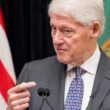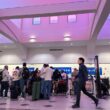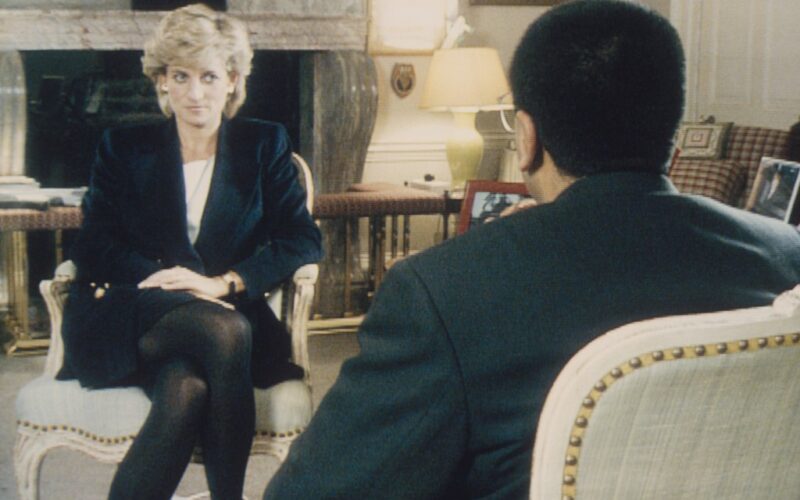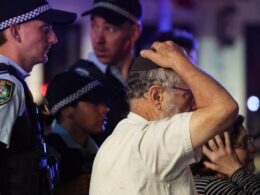Diana, Princess of Wales, might still be alive if she hadn’t fallen prey to lies BBC reporter Martin Bashir planted to convince her to sit for an interview in 1995, a new book claims.
BBC brass also knew enough back then to tell her she was being played but didn’t warn her, investigative journalist and documentary filmmaker Andrew Webb writes in “Dianarama: Deception, Entrapment, Cover-Up — the Betrayal of Princess Diana,” due out Wednesday from Pegasus Books.
The beloved “People’s Princess” likely died believing that personal secretary Patrick Jephson was leaking private information to British spy agency MI5 that Prince Edward had AIDS, and that teen Prince William’s watch was recording her conversations, sources close to Diana told Webb for the book.
The distrust these and other lies built up in the princess’s mind may well have contributed to her death, Webb alleges — a death enabled by BBC higher-ups who failed to reign in the reporter when they learned of the depths Bashir had sunk in snagging access to the royal.
“Her life became untethered” after the fateful 1995 “Panorama” interview, Webb told People. She died in a horrific car crash in a Paris tunnel less than two years later at age 36, along with boyfriend Dodi Fayed and driver Henri Paul.
While much of Bashir’s misconduct was exposed in a 2021 report after a monthslong independent inquiry by former Supreme Court justice Lord Dyson, Webb is armed with new details contained in more than 10,000 documents he wrested from the BBC in a freedom of information request that he fought for in court.
Bashir actively cultivated the princess’s paranoia, going so far as to tell her Charles wanted her dead, Webb’s book discloses. His “Machiavellian methods” capitalized on Diana’s anxiety as her marriage unraveled, her private phone calls showed up quoted in newspapers, and Prince Charles copped to an affair with ex Camilla Parker-Bowles in a television interview, The Times of London noted.
When Diana got squeamish about doing the interview and appeared to reconsider, Bashir added another lie. Having convinced the princess that Prince Charles and the children’s nanny, Tiggy Legge-Bourke, were having an affair, he claimed evidence purporting to show Charles had paid for the nanny’s abortion.
That was what led the princess to send her staff away and sneak the BBC crew in for the interview, isolating herself in the face of Bashir’s prying questions. Even the line that most shocked the world wasn’t what it seemed, Webb found. Diana’s declaration that there were “three people in our marriage, so it was a little crowded,” was referring not to Parker-Bowles (now his wife and the future queen) as everyone assumed, but to Legge-Bourke.
The BBC could have reset the narrative in 1995, when a graphic designer informed higher-ups that Bashir had faked the bank documents he’d used to prove that royal aides were leaking information about Diana. When confronted, the reporter lied and told his bosses he hadn’t shown them to anyone. The network’s resulting internal investigation in 1996 never resolved discrepancies in Bashir’s explanations, Webb alleges in the book — depriving Diana of the chance to learn she was being duped.
“BBC bosses knew enough to warn Diana that she had been dealing with a fraudster,” Webb told People. “Her life would have followed a different path if she’d been warned. She might plausibly still be alive today — a grandmother at 64, enjoying her five grandchildren. The consequences were lethal.”
The BBC has told People and other media the 2021 report was enough and that the network sufficiently addressed the issues with apologies and restitution to those who had been harmed by the interview fallout.
Spencer, who supports Webb’s investigation, doesn’t buy it.
“High-ranking people in the BBC participated in securing this interview through appalling deception,” Diana’s bereft brother told People. “I am sure that this led directly to Diana being left vulnerable in Paris on the night she died.”
With News Wire Services








